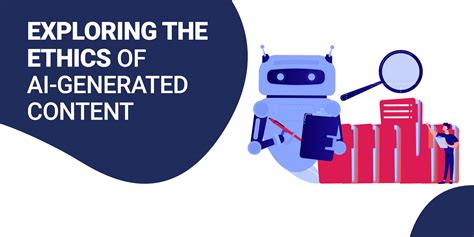As the use of Large Language Models (LLMs) like Copilot becomes more prevalent in the software development landscape, concerns surrounding the ethics of AI-generated code continue to surface. The debate arises from the necessity to balance efficiency and innovation with legal and ethical implications. While AI tools like Copilot offer time-saving benefits by providing quick code suggestions, the underlying issues of copyright infringement, legal liabilities, and code ownership cannot be overlooked.
Code generated by AI raises questions about the provenance and authenticity of the code, especially when it comes to intellectual property rights and copyright. The concerns are not just about blindly copying code but also understanding the implications of utilizing AI-generated code in commercial projects. The comments varied on whether the onus is on the individual developer to ensure compliance with licenses and copyrights or whether AI creators should bear the responsibility for the code produced by their models.
Moreover, the discussions highlight the challenges of enforcing guidelines and policies regarding AI-generated code within software projects. While some argue that guidelines serve as a safeguard against potential legal issues, others question the practicality of monitoring every line of code for its origin and compliance. The complexity arises from the nuances of software development, where the line between original work and replicated code can become blurred.
While some developers find AI tools like Copilot helpful for rapid prototyping and exploring new concepts, others express concerns about dependency on AI for critical code implementations. The issue extends beyond mere efficiency gains to encompass the broader implications of creativity, ownership, and accountability in software development. Striking a balance between leveraging AI for productivity and upholding ethical standards remains a critical challenge in the evolving tech landscape.
In conclusion, the intersection of AI and software development raises important considerations regarding intellectual property, licensing, and ethical practices. As technologies like LLMs continue to reshape the coding landscape, developers and organizations must navigate the ethical dilemmas inherent in adopting AI-generated code. Finding common ground between innovation, compliance, and integrity is essential to fostering a sustainable and responsible approach to utilizing AI tools in software development projects.


Leave a Reply